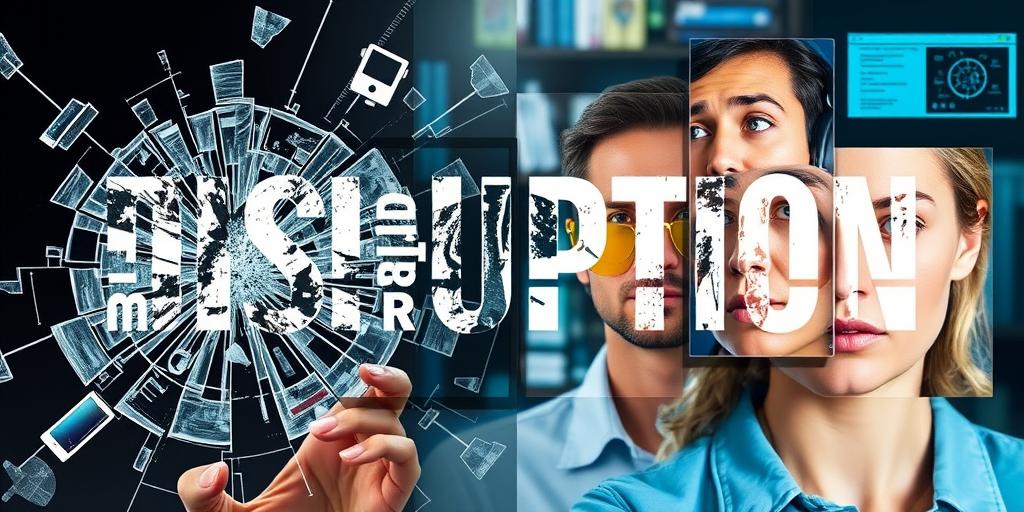The Culture of Disruption: A Critical View
The term "disruption" has become ubiquitous in the business world, often lauded as the driving force behind innovation and progress. But is disruption always a positive force? This post takes a critical look at the culture of disruption, examining its potential downsides and exploring whether a more balanced approach might be beneficial.
The Allure of Disruption
The appeal of disruption lies in its promise of radical change and unprecedented growth. Disruptive companies often challenge established norms, creating new markets and transforming existing industries. This can lead to significant economic gains and improved products or services for consumers.
The Dark Side of Disruption
However, the relentless pursuit of disruption can also have negative consequences:
- Job displacement: Disruptive technologies often automate tasks previously performed by humans, leading to job losses and economic insecurity.
- Erosion of traditional industries: While disruption can create new opportunities, it can also devastate established industries and the communities that rely on them.
- Ethical concerns: The rapid pace of disruption can sometimes outstrip ethical considerations, leading to unintended consequences and societal harms.
- Short-term focus: The emphasis on disruption can encourage a short-term focus on immediate gains, potentially neglecting long-term sustainability and social responsibility.
A Balanced Approach
Rather than blindly embracing disruption, it's essential to adopt a more balanced approach that considers both its potential benefits and its potential costs. This might involve:
- Investing in workforce development: Preparing workers for the jobs of the future can help mitigate the negative impacts of job displacement.
- Supporting traditional industries: Finding ways to help established industries adapt to changing market conditions can help preserve jobs and communities.
- Promoting ethical innovation: Ensuring that new technologies are developed and deployed in a responsible and ethical manner can help prevent unintended consequences.
- Focusing on long-term sustainability: Balancing short-term gains with long-term sustainability and social responsibility can create a more equitable and prosperous future.
Conclusion
The culture of disruption has undoubtedly played a significant role in driving innovation and progress. However, it's crucial to recognize its potential downsides and adopt a more balanced approach that considers the needs of all stakeholders. By prioritizing workforce development, supporting traditional industries, promoting ethical innovation, and focusing on long-term sustainability, we can harness the power of disruption for the benefit of society as a whole.









